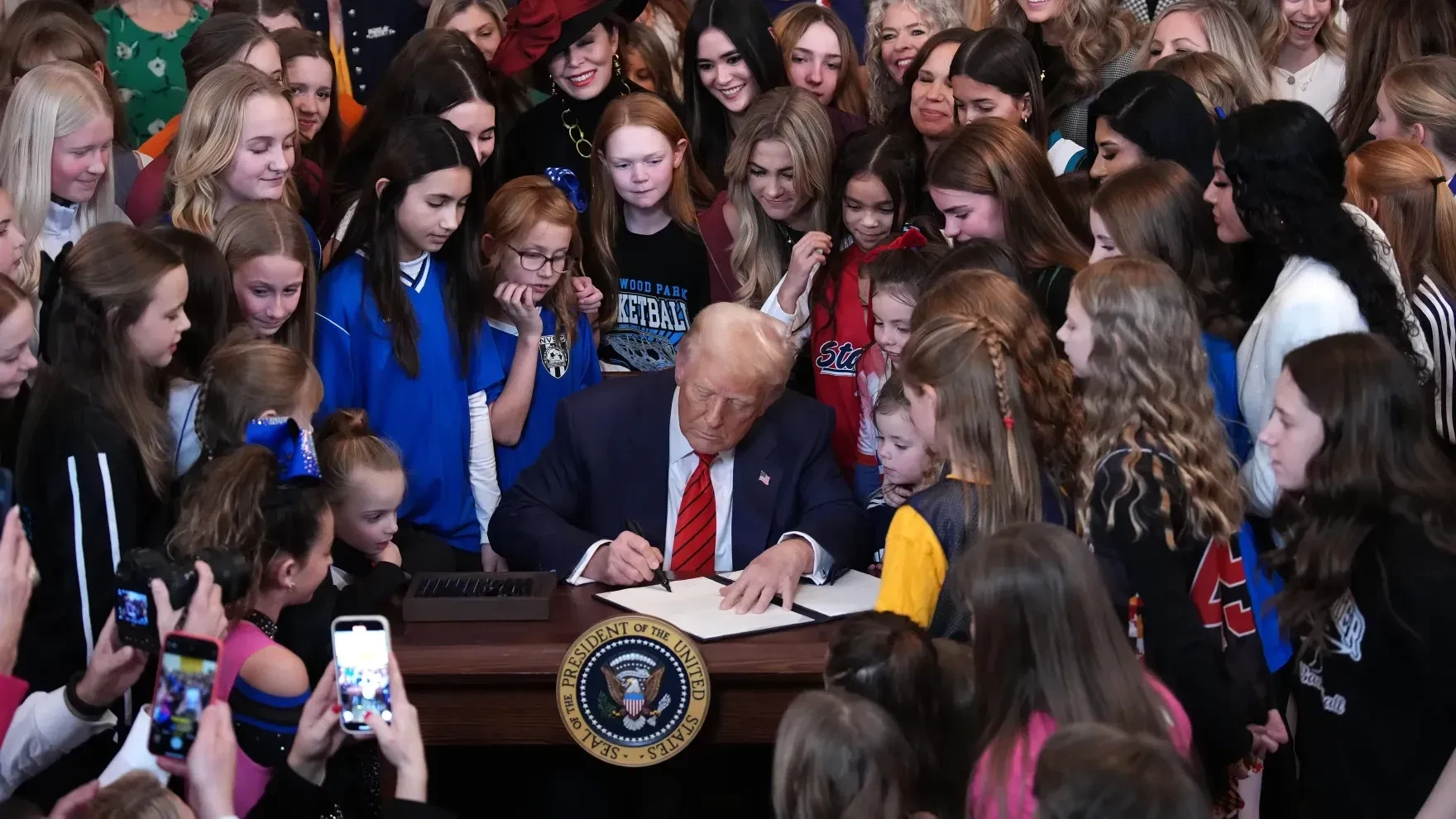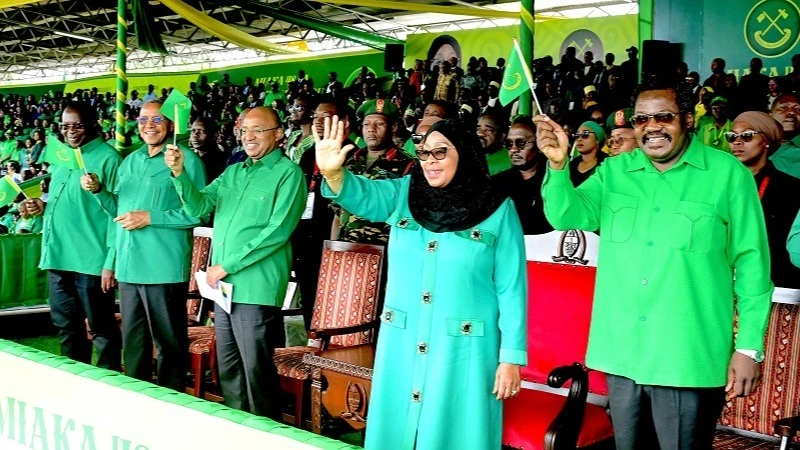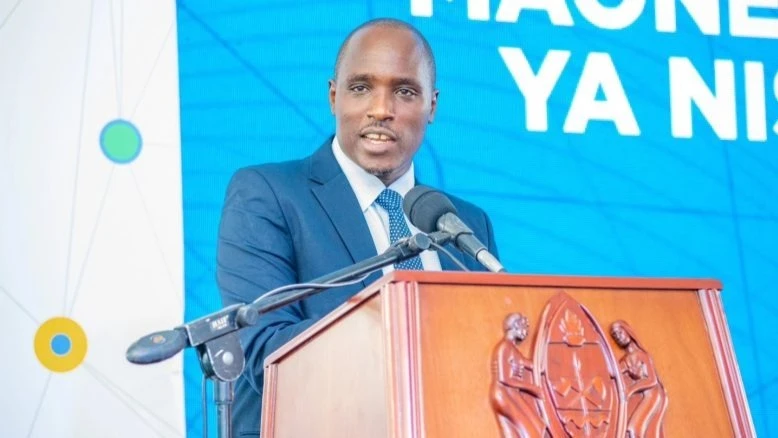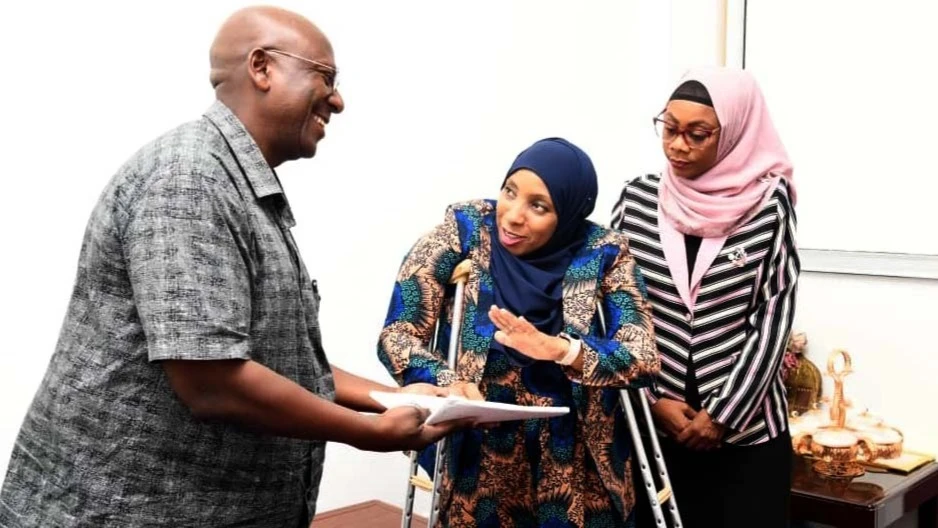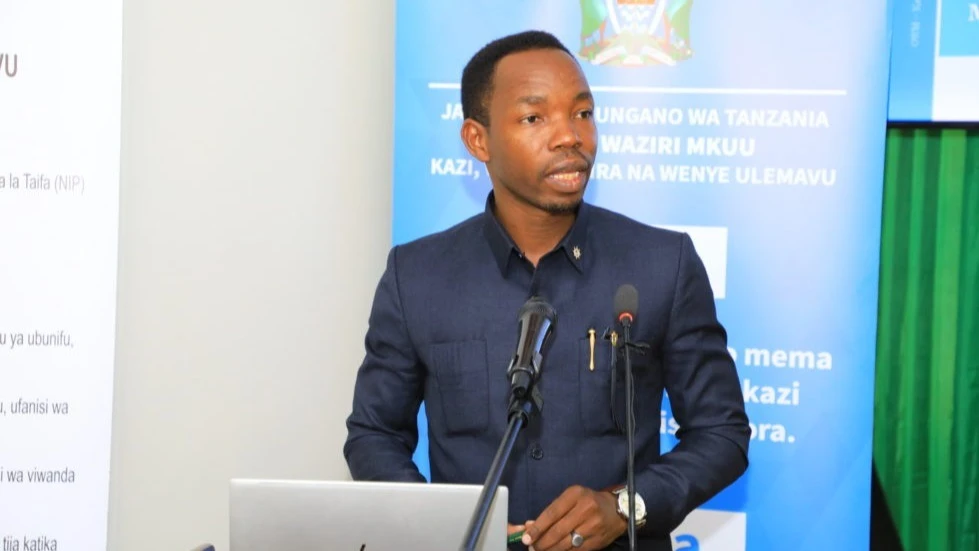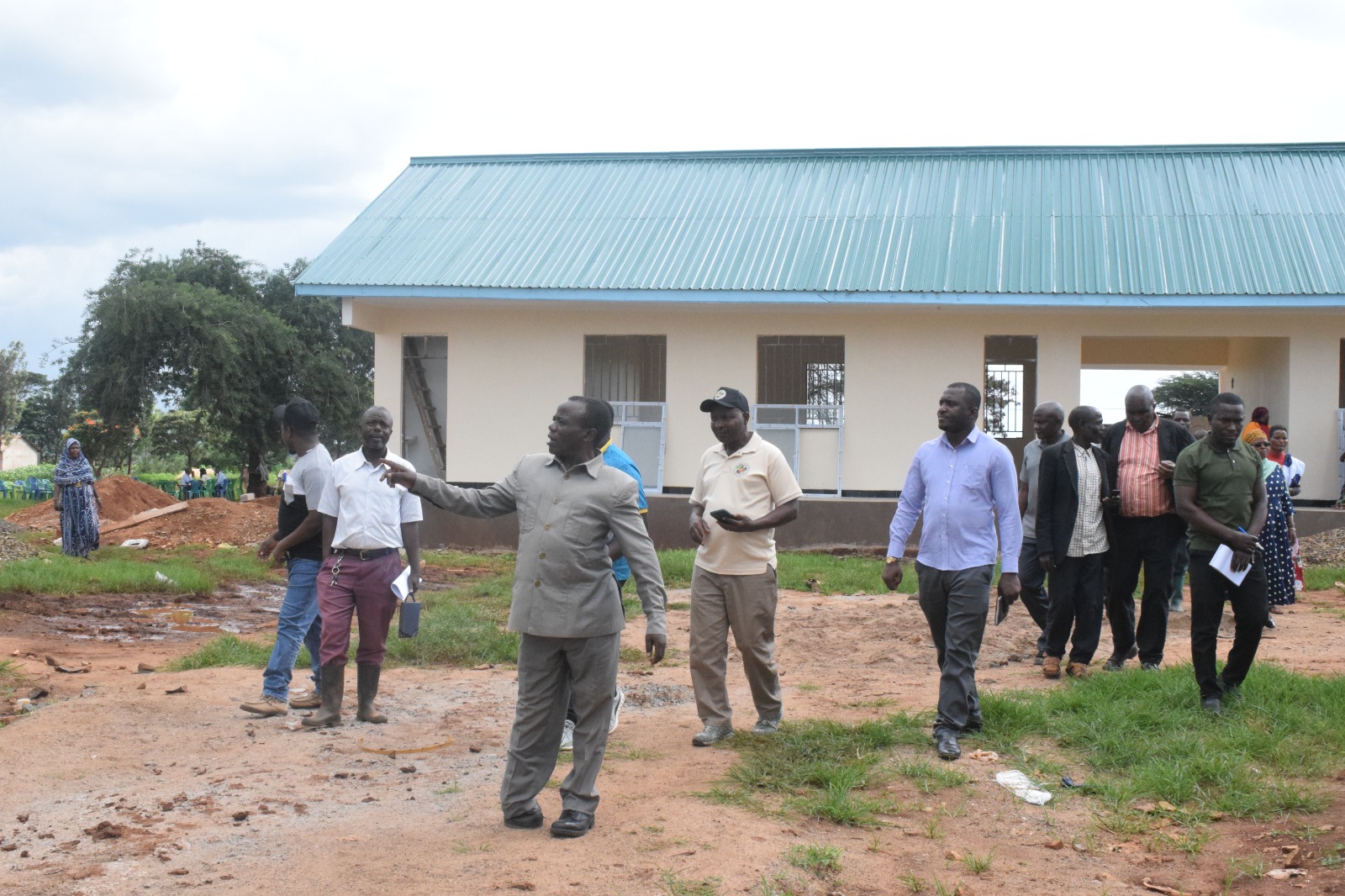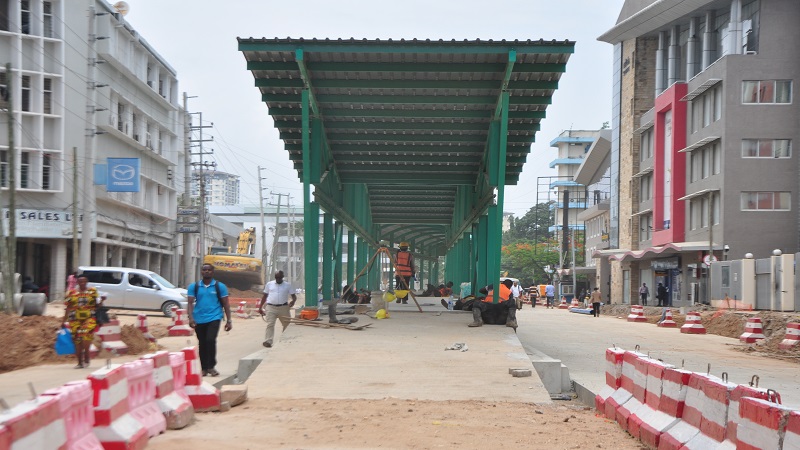African banks must fix governance gaps to leverage intra-African

African banks are currently facing considerable pressure. Most currencies in the region have weakened against the US dollar, leading to higher import prices and inflationary pressures.
For Nigeria’s naira, exchange rate harmonisation has led to a depreciation of 215 per cent against the dollar in one year. In Nigeria and Kenya, regulatory requirements in the banking sector have been tightened in response to external and domestic shocks.
At least twenty-four banks in Kenya risk collapse due to proposed legislation that seeks to raise core capital for financial institutions. Twelve Nigerian banks have recently suffered rating downgrades.
Nigeria is currently experiencing the aftermath of the shock therapy administered to its economy by the new administration. This has led to severe headwinds and uncertainty for entities doing business in the country.
Specifically, the operations of Ecobank Nigeria have become a point of concern. The Nigerian affiliate contributed a paltry 2 per cent out of the £260 million profit before tax declared by Ecobank group in the second quarter of 2024.
This has been attributed to falling net revenue and rising operating expenses. This has implications for the group’s overall growth ambitions as they contemplate pulling out of some African countries amidst the reality of declining profits.
However, in a recent twist, Deutsche Bank AG conferred an award for outstanding performance on Ecobank Nigeria, despite these numbers.
Growing potential for intra-African trade under AfCFTA
Trade within Africa has enormous potential and the financial sector has a huge role in facilitating trade by enabling cross-border payments. However, barriers that raise transaction costs need to be removed in order to realise the potential.
The World Bank estimates that intra-African trade costs are the highest in the developing world and 50 per cent higher than in East Asia. Data from the Africa Import and Export Bank indicate that trade within African nations grew at 7.2 per cent, reaching £154 billion in 2023.
Ecobank Transnational Incorporated (ETI) is positioning itself to work with other entities to raise it to £240 billion, leveraging the single market created by the African Continental Free Trade Agreement.
As a pan-African Bank, Ecobank wants to position itself as a preferred bank for intra-African trade and investment. In doing so, it seeks to utilise payment platforms like the Pan-African Payment and Settlement System to enable payments across its extensive network across thirty-five countries to boost trade within the continent further.
Poor ethics are costly barriers
Poor ethical practices stand between the bank and its aspiration as a champion of African finance. The ETI group may be facing a legal showdown as a result of the bank’s untidy response to an alleged fraud involving two prominent Indian businessmen known as Prem Garg, Devashish Garg and Anit Garg.
These individuals were preexisting bank customers who entered into a rice importation transaction between 2014 and 2015 through entities known as Agrico Agbe and Little Rose Trading Company, and lost about £133 million.
The case became the subject of litigation in Dubai as Ecobank sought to bring these individuals to justice and recover their losses. When these attempts were unsuccessful, Ecobank targeted Marcus Warde, a trade finance professional and Chairman of Wilben Trade, who Ecobank instructed to assist the Gargs in sourcing financing through discounting letters of credit to facilitate the trade.
Ecobank parties working through ETI Specialized Resolutions Company (ETISRC), headed by one Oladele Alabi, a former Executive Director, hatched an alleged extortion scheme and instigated criminal proceedings alongside a hostile media campaign against Mr Warde.
However, Ecobank had initially cleared Mr Warde and his company of any wrongdoing in the transaction because evidence exists that the Garg entities received the said monies. Media reports indicate that a recent litigation has been filed in the United Arab Emirates on the matter. Ecobank was approached for comments on the case, but they declined citing likely barriers due to ongoing legal proceedings while acknowledging the case.
As one of Africa’s top 25 banks in 2024, ETI’s corporate governance initiatives are key to the group’s future success and growth trajectory. The reluctance of Nigeria’s Central Bank to probe an alleged heist of such magnitude and associated allegations of extortion remains a source of anxiety to keen observers.
New leadership is turning a blind eye
Last March, Jeremy Awori, a Kenyan national with extensive experience in the continent’s banking landscape, took over leadership of the Ecobank group, promising to deliver systemic change, consolidate growth and improve the transformation of the bank.
However, efforts must be made, as the CEO himself admits, to match risks with appetite in line with the principles that have been laid down. He has yet to walk the walk on this issue. The alleged extortion attempt has reportedly been brought to Awori’s attention repeatedly. He has yet to show any visible appetite to resolve it, although the special resolutions company is said to be under his direct supervision.
How he deals with this may turn out to be one of the biggest tests of whether he is able to match his governance rhetoric with commensurate action. Governance deficiencies and poor oversight impact the resilience of financial institutions that wish to remain relevant in Africa and elsewhere.
Dr Uche Igwe (pictured) is a Senior Political Economy Analyst and Visiting Fellow at the London School of Economics (LSE) Firoz Lalji Institute for Africa. He may be reached at: [email protected]
Top Headlines
© 2025 IPPMEDIA.COM. ALL RIGHTS RESERVED













